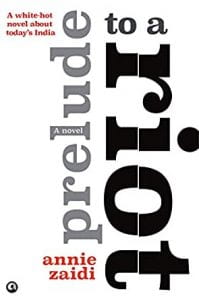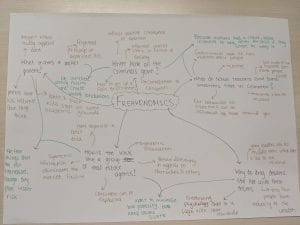Up until now my streaks of reading classics had failed to disappoint me, but I must say I did not take very well to Catch 22. There were too many creative and explorative elements of the story, that it lost focus and drive. I understand trying to mix things up a little., but some aspects of the story need to stay grounded so they can help guide the readers through. I found myself rereading passages, not because I wasn’t paying attention, but because I simply did not see the link what so ever and it confused me greatly, making me wonder whether I had missed something. A kid in my class said it was his favourite book which blows my mind, I cannot see how anyone likes this and aside from the language used itself, I really don’t see why this book is a classic.
Before I become extremely critical, I must say that there were enjoyable components to the book. The humour at several moments was very engaging. I loved seeing the arguments between characters because they were so random and perpetually made no sense, but that’s what was so funny. There were so many paradoxes, like that of the Major who would only let people into the office if he wasn’t there meaning they would never meet him. This all plays along to the paradox of Catch 22 itself which really makes me wonder what the author was on when he wrote this. I also really liked the style of writing, something about the humour was very old school British, reminding me a lot of P.G Woodehouse, where the intricate play of words is what brings the humour in.
That being said, the pace of the book was TOO fast. There was a new character basically every chapter, and by six chapters later I would forget that character in order to keep up with the 6 new ones introduced. No mission was ever complete and because it kept following different people, I felt like the timelines were being jumped. I also felt that there was not sufficient time given for the reader to develop a connection with the character whether it be good or not. I was not particularly fond of some of the plot lines, Yossarian spent too much time in hospital at the start (to set the stage of him being lazy) and then o time at all later, contradicting the while thing. There was a bad amount of depth to a character’s background like Major Major, I believe that there should have been a greater focus on how he received the name, more of his upbringing because that’s what made his character funny.



